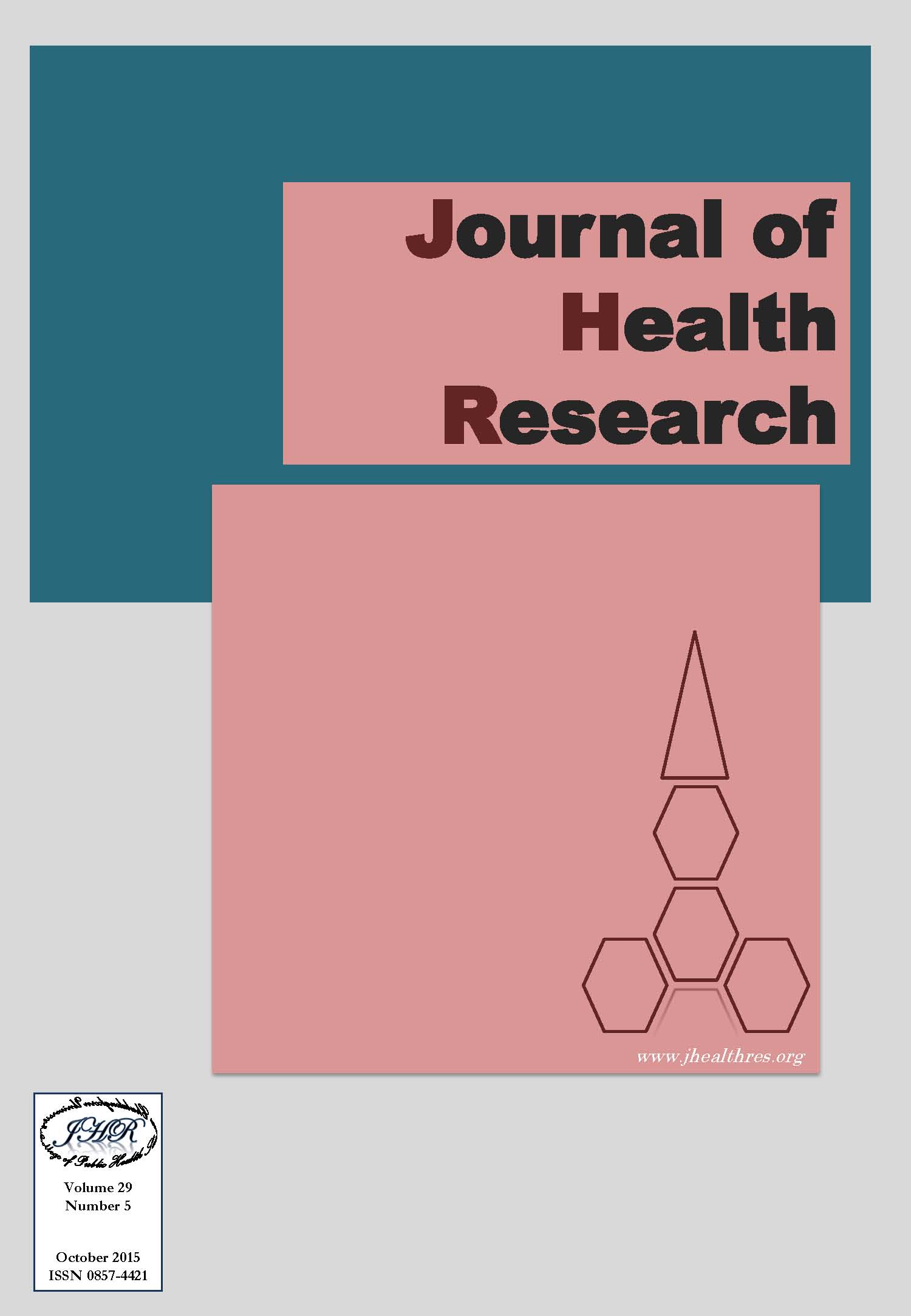Survey Results of Knowledge Sharing Preferences and Practices in Public Health Communication Professionals in Thailand’s Department of Disease Control: a Descriptive Study
Keywords:
Communication, Facebook, Knowledge sharing, Knowledge managementAbstract
Background: Knowledge sharing is a well-established field of research with an increasing popularity in Thailand. All government offices are now required to hold knowledge management activities to manage their body of knowledge. This will ensure that officers are allowed to learn from each other and constantly develop better work practices. However, difficulties faced by organizations including, limited budgets, scattered and preoccupied personnel, and fast changing computer and information technology, especially social media, mean that the process of knowledge sharing should be carefully designed before implementation. This will help prevent the knowledge sharing project being seen as a waste of time and effort.
Methods: A survey was conducted to measure the current preferences, practices, needs, and obstacles regarding internal knowledge sharing among the government officers, in addition to identifying a suitable platform that best suits these criteria. One hundred and eleven public health officers were selected as questionnaire respondents due to their position and responsibility for health communication for the Department of Disease Control throughout Thailand. The topic of diabetes prevention communication was purposively chosen owing to the high prevalence and low risk perception of diabetes among the Thai population.
Results: Responses show a clear preference for using Facebook as an encouraging, effective, and familiar platform for information exchange. In addition to the social networking aspect, respondents expressed a desire to include mentors and health communicators with different levels of experience in their discussion groups. Further offline components are also indicated as useful and preferred modes of communication, including physical meetings and study trips, where health communication practitioners could meet and discuss with those who excel at communication practices regarding public health information. Lectures and workshops were selected and seen as necessary to orientate group members on the process of knowledge selection, whereby participants select topics for discussion, and knowledge sharing.
Conclusions: The goal, practice, and effectiveness of knowledge sharing in Thailand is generally accepted among government public health officers. Initial practitioner unfamiliarity, skepticism, and discomfort can be overcome if the appropriate components and procedures are utilized. This survey's results can be taken into consideration by knowledge managers for the development of a knowledge sharing model.







